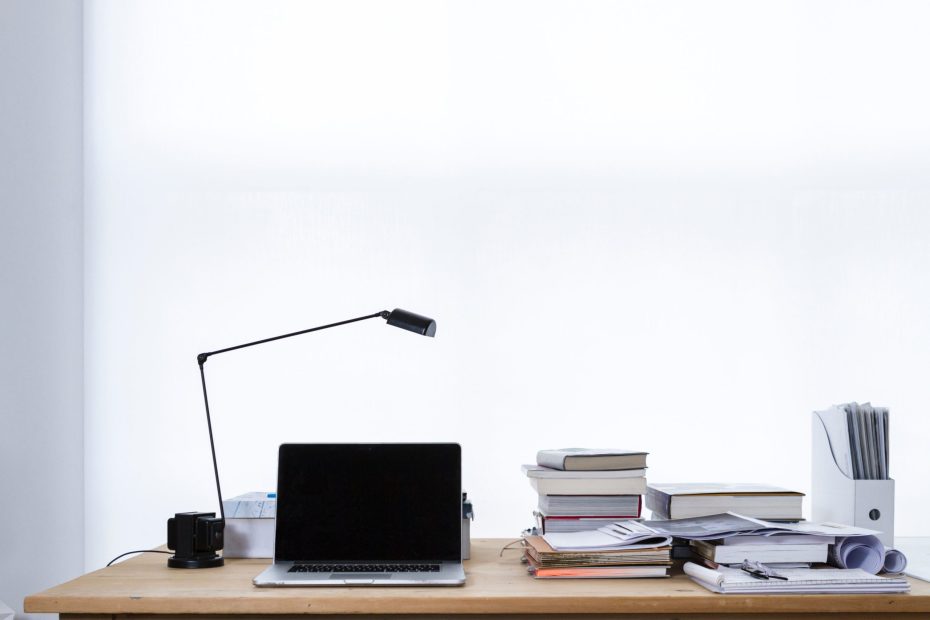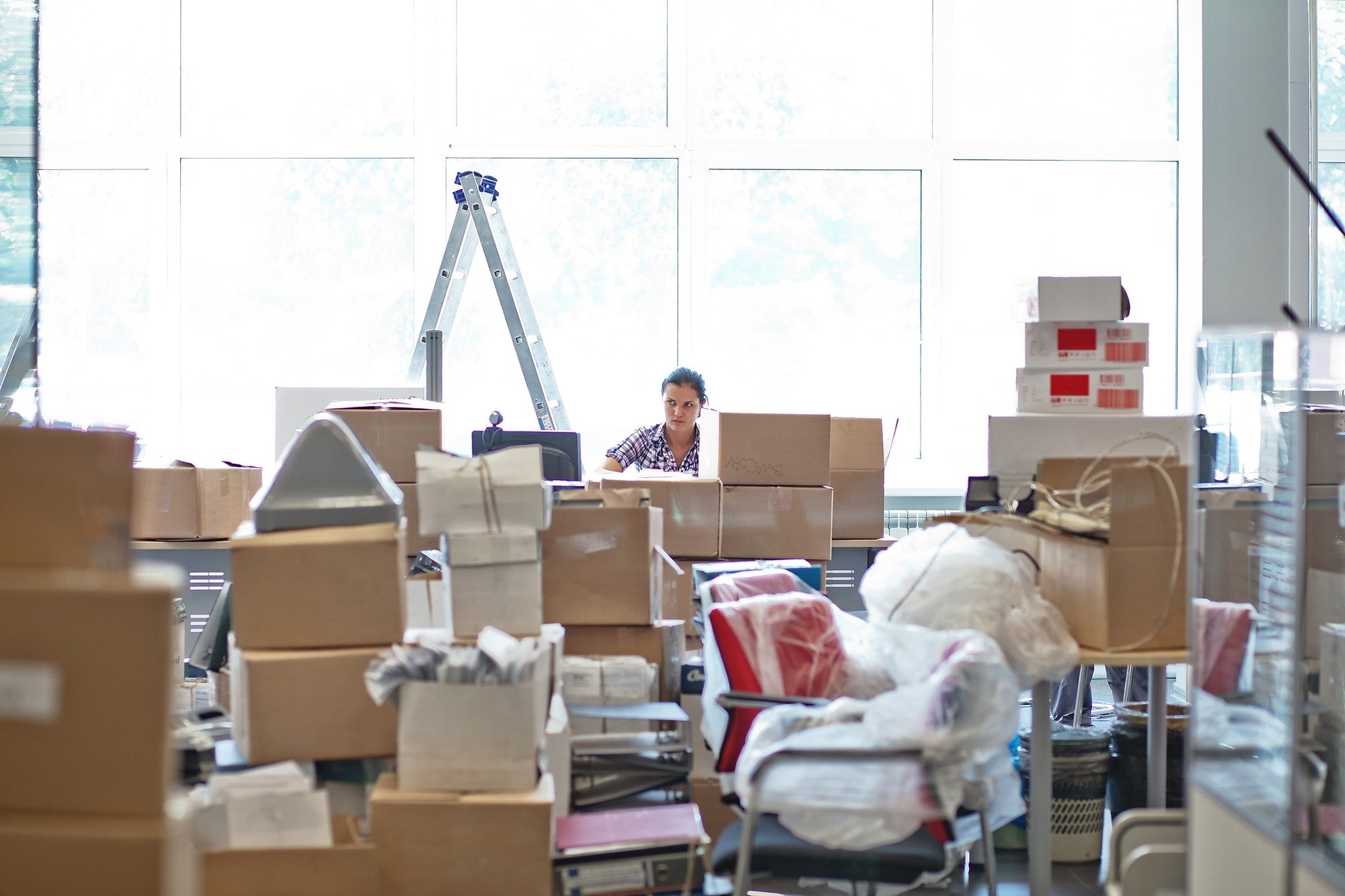Finding room for personal space and a professional office in your home is not easy. Creating a space devoted exclusively to work is essential for ensuring it doesn’t take over. This is our advice for working efficiently from home!
For a lot of us, the biggest upheaval of the last few months has been the sudden need to work from home. In the space of a day, unbidden and without warning, our home has also become our place of work, and we have had to improvise a home office space, often in an already cramped environment.
While this new normal means no more commuting on public transport or by car, the absence of any physical barrier between your home and work brings with it a host of problems and challenges.
The risk of home working is that it allows professional life to impinge on your private life, and vice versa. The boundary becomes fluid. It is not easy to be self-disciplined, to manage your time, and to stay focussed with the TV, fridge and mobile to hand.
And, conversely, it is not so simple to switch off from work in the evening, particularly when you are not really supposed to be leaving the house.
Dedicate a separate space
The main goal is to recreate – insofar as this is possible – a barrier between work and play. The best way to do this is to create a space which is wholly and exclusively devoted to work.
Of course, not everyone has a spare room which can be converted into an office. Space must be carved out in a room which is already used as a bedroom, lounge and dining room. The work space does not need to be a separate room – it can be a little corner table – as long as it is as independent of the rest of the home as possible.
Entering your dedicated space, no matter how small, will help you switch to “work mode”, and will also allow you to switch off completely once the laptop is closed and the chair pushed back in.
Keep work in its place
Sur votre bureau, ne gardez que l’essentiel. Rappelez-vous que « less is more ». Résistez aux bibelots designs et finalement inutiles. Votre bureau doit être fonctionnel, pas « instagramable ». Disposez tout ce dont vous avez besoin pour travailler efficacement à portée de main, et rien d’autre.
Happily, for most of us, the computer and its screen have taken the place of physical files, and the need for storage space is generally limited to a few sheets of paper and a printer.
The key is to ensure you keep work in its place. Archive, of course; but also clear those archives out! Having a box or two, maybe on castors, will allow you to easily store folders and the computer underneath the desk, rather than in a loose heap on the table or floor.
Above all, avoid spreading your work folders and paperwork around the apartment. Being able to take your laptop and work to the sofa or into bed might be nice to start with, but you run the risk of your work quickly invading your personal life, not to mention the difficulties in focussing on the job at hand, or the likelihood of the computer overheating… The same is true for the kitchen or dining room.
If you do need to use your work table for other purposes on a daily basis, close your folders and store them away each evening. Don’t leave anything lying around. If you are using your own personal computer, close all the professional windows and applications. In one way or another, come psychologically out of your work zone.
Are you sitting comfortably?
While it isn’t often worthwhile purchasing a desk, improvising an office chair which meets your needs is much harder. It is essential that you sit properly. If you only make one purchase, invest in a chair which is comfortable enough for you to spend eight hours a day sitting on.
Taken as a whole, the work station should be as ergonomic as possible: The computer screen must be level with your eyeline, the seat must (ideally) have an adjustable base and back, and an office lamp must directly light up the work space without reflecting off the screen. If you have lots of virtual conferences and meetings, you will find your ears get hot pretty quickly. Invest in a good audio headset (depending on need and budget, maybe opt for Bluetooth with a built-in microphone!).
Let there be light! But not too much…
Natural light is also important. Insofar as is possible, set your office up somewhere bright, which receives a lot of daylight. Staying at home all day soon gets pretty unbearable if you don’t get to see the sun. A well-lit work station helps ward off bouts of sleepiness, and stops the eyes getting so tired.
Staring at the screen is hard work for your eyes! However, avoid positioning your office directly opposite a window – this may seem like a good idea, but you risk being dazzled by the light from behind, making looking at the screen even more tiring.
If you live with family, avoid noisy areas or passages if possible, particularly those close to doors or in corridors, and set yourself up in the quietest location possible. It will be easier to stay focussed if the table faces the wall rather than a TV screen, for example.
Lastly, open the windows regularly for ventilation: A well-ventilated space aids the cognitive functions.
Happy working from home!

